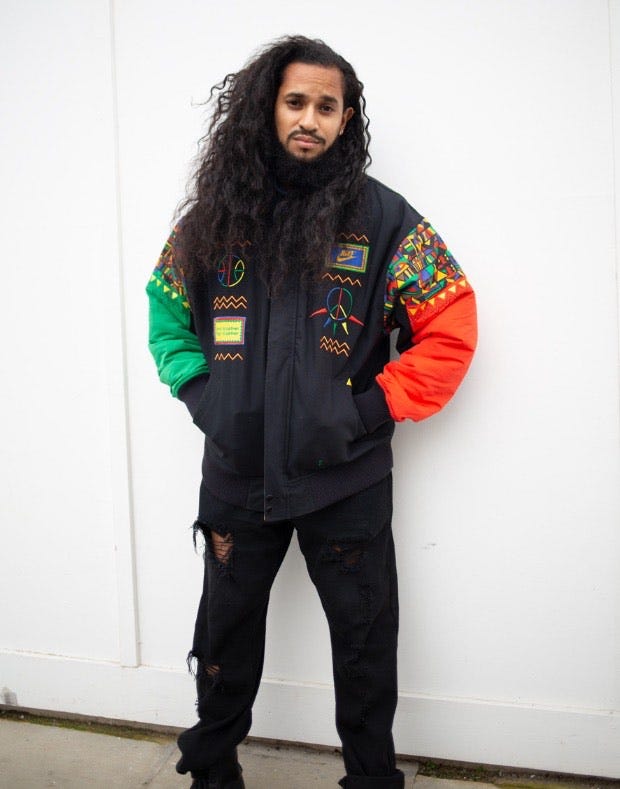Bilal Harry Khan: “Why can’t being mixed be cool, not a struggle?”
The podcaster on why the mixed conversation needs to develop – and fast
Hi, welcome back to Mixed Messages! In a change to the schedule, this week I speak to Bilal Harry Khan, who is of Jamaican, Kenyan and South Asian heritage. Bilal is a Diversity and Inclusion Facilitator and co-host of Over The Bridge, a podcast featuring four Black and mixed male Cambridge grads talking about life after the ‘bridge. He’s also hilarious…


